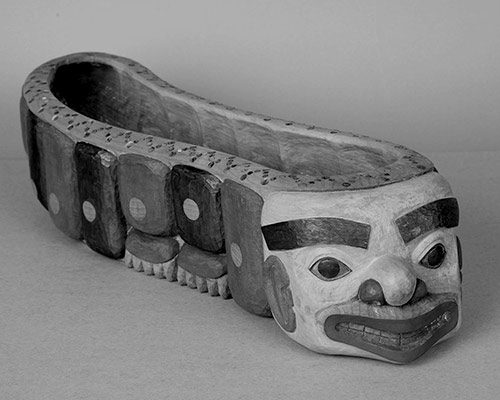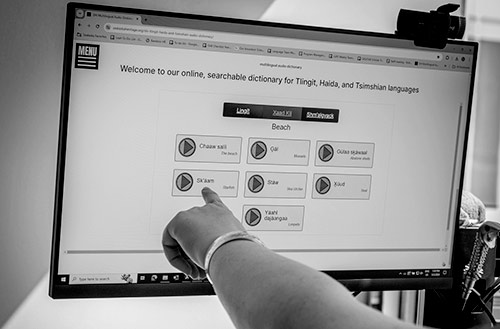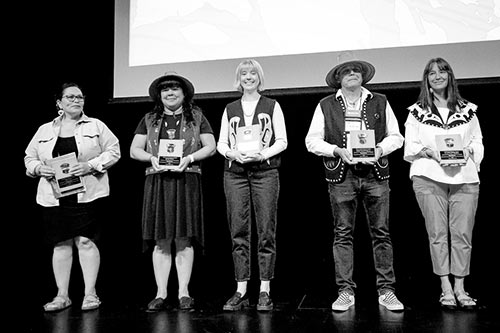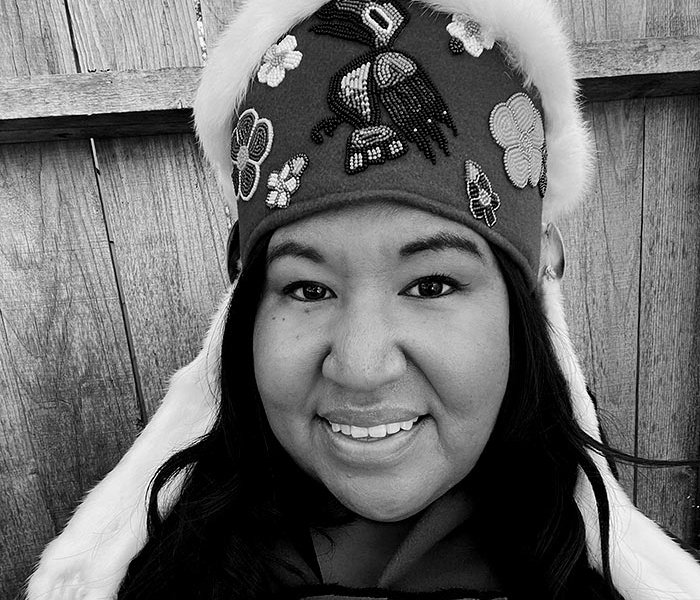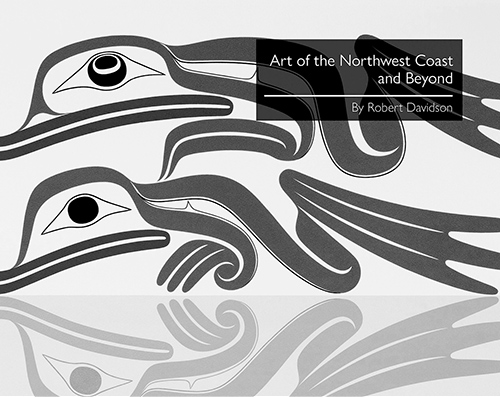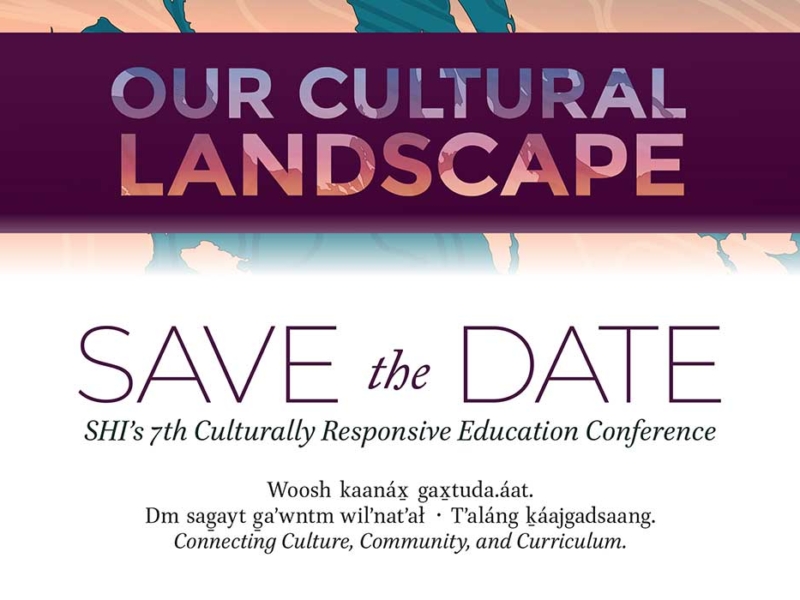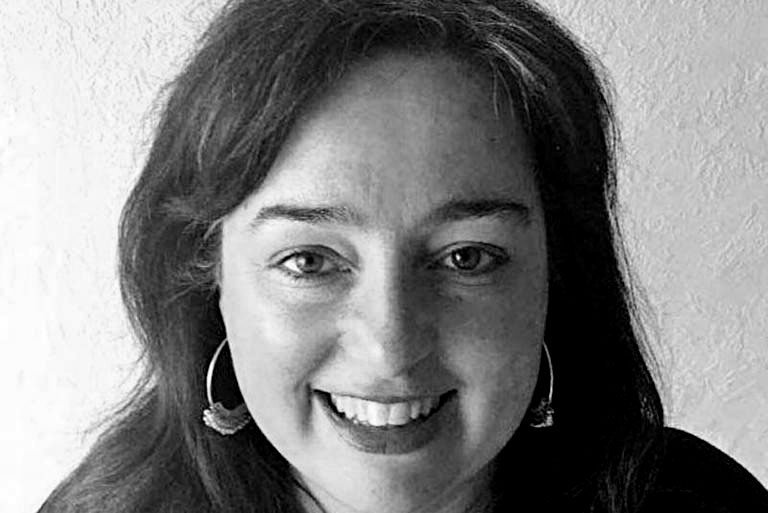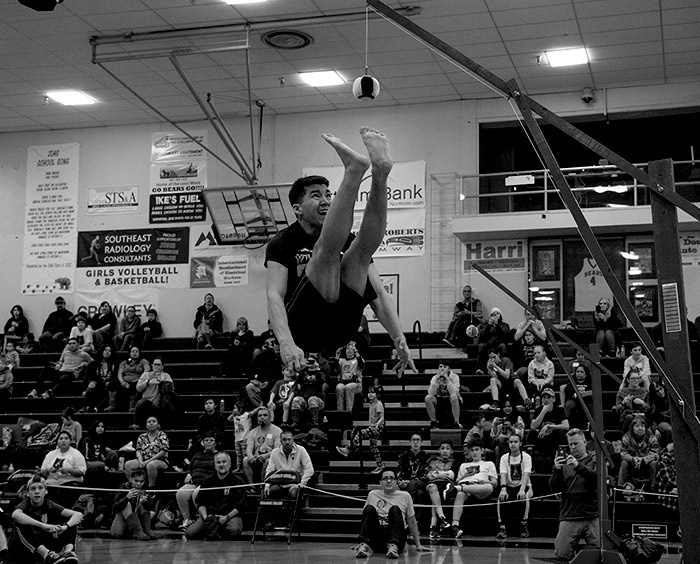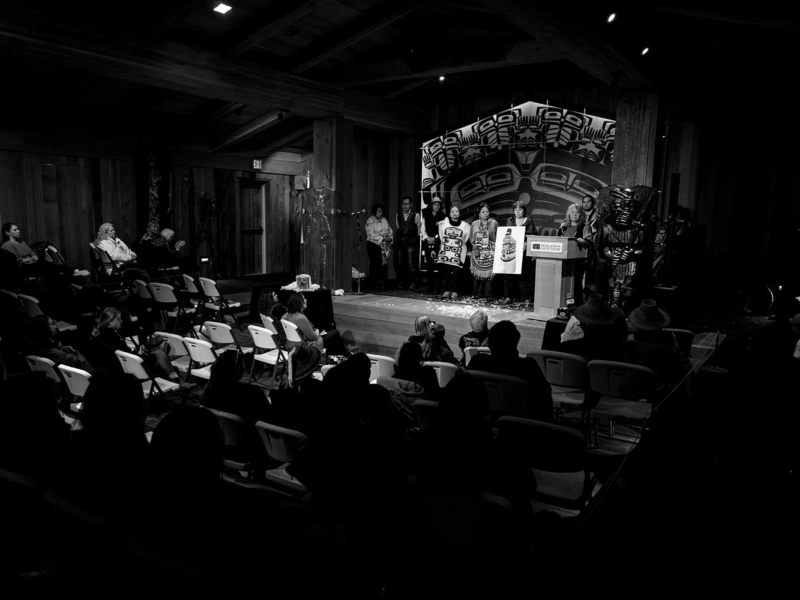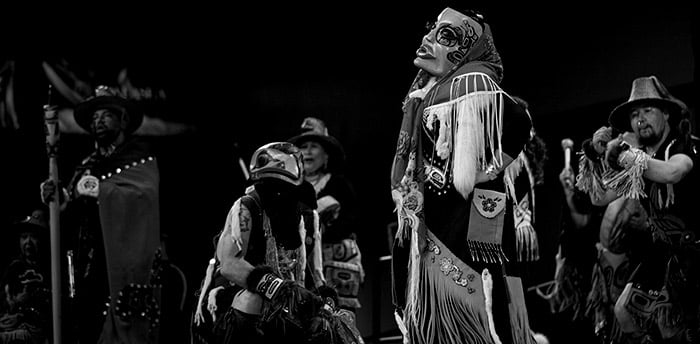SHI to open 12th biennial Juried Art Show this week
Sealaska Heritage Institute Press Release
SHI TO OPEN 12TH BIENNIAL JURIED ART SHOW THIS WEEK
Winners ...
SHI launches new online, searchable dictionary that includes audio
Sealaska Heritage Institute Press Release
SHI LAUNCHES NEW ONLINE, SEARCHABLE DICTIONARY THAT INCLUDES AUDIO
Platform includes ...
SHI accepting nominations for educators of distinction
Sealaska Heritage Institute Press Release
SHI ACCEPTING NOMINATIONS FOR EDUCATORS OF DISTINCTION
Awards to be presented ...
SHI board appoints clinical community psychologist as trustee
Sealaska Heritage Institute Press Release
SHI BOARD APPOINTS CLINICAL COMMUNITY PSYCHOLOGIST AS TRUSTEE
Appointee to ...
SHI publishes book on the musings, art, wisdom of Haida master artist Robert Davidson
Sealaska Heritage Institute Press Release
SHI PUBLISHES BOOK ON THE MUSINGS, ART, WISDOM OF HAIDA ...
SHI accepting proposals from presenters for 2024 education conference
Download PDF Poster
Sealaska Heritage Institute Press Release
SHI ACCEPTING PROPOSALS FROM PRESENTERS FOR 2024 EDUCATION ...
New Principal Appointed to Lead Tlingit School Program
Sealaska Heritage Institute Press Release
NEW PRINCIPAL APPOINTED TO LEAD GROUNDBREAKING TLINGIT SCHOOL PROGRAM
Award-winning educator ...
SHI Traditional Alaskan Games – Juneau Alaska
Sealaska Heritage Institute Press Release
SEVENTH ANNUAL TRADITIONAL ALASKAN GAMES TO KICK OFF THIS WEEKEND ...
SHI Lectures – SE Alaska Native Languages
Sealaska Heritage Institute Press Release
SHI TO SPONSOR LECTURE SERIES ON SOUTHEAST ALASKA NATIVE LANGUAGES
Free ...
SHI’s Launches Contest for 2024 Celebration’s Art Design
Dakhká Khwáan Dancers, who were named lead dance group for Celebration 2024. Photo by ...
